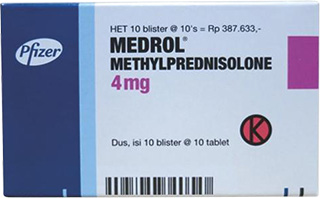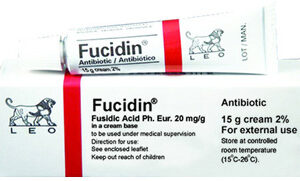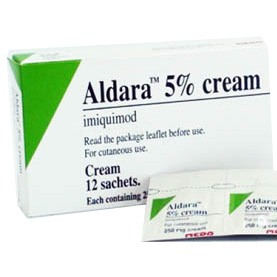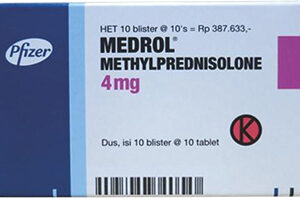Medrol Overview
Medrol, known generically as methylprednisolone, is a synthetic glucocorticoid medication, used to suppress inflammation and the body’s immune response. Manufactured as oral tablets, Medrol exerts potent anti-inflammatory actions and similar effects to the hormone cortisol, naturally produced by the adrenal glands. Its therapeutic applications span a vast array of conditions, including allergic reactions, auto-immune diseases, and other inflammatory disorders.
Purpose and Utilization
Medrol serves to mitigate excessive immune responses, specifically where inflammation inflicts harm and leads to discomfort. This medication is effective for managing diverse conditions such as asthma, arthritis, lupus, ulcerative colitis, and flare-ups of multiple sclerosis. Moreover, Medrol can be instrumental in the treatment of severe allergic reactions, certain cancers, and conditions affecting the skin, eyes, lungs, stomach, nervous system, or blood cells.
Dosing Guidelines
The dosing regimen for Medrol is highly individualistic, tailored to the specific condition, severity of symptoms, and patient response to therapy. Commencement of treatment usually begins at an elevated dose, with subsequent adjustments minimizing the dose to an efficacious yet lowest level. Healthcare practitioners provide schedules for daily or alternate-day therapy, instructing patients to abide by the prescribed regime meticulously. A detailed plan includes both dosage and anticipated duration of treatment.
Precautions
Careful consideration must precede the initiation of Medrol, particularly for patients with a history of medical conditions such as infections, diabetes, liver disorders, osteoporosis, thyroid issues, or stomach ulcers. An unequivocal understanding of a patient’s medical history ensures a balanced approach to treatment while attempting to avert potential exacerbations of pre-existing conditions.
Warnings
In scenarios where infectious diseases are concurrent with the administration of Medrol, tailored concomitant antimicrobial therapies may be necessary due to the potential for immune suppression. Vaccinations or immunizations should be approached with caution as the immune responses could be diminished. Abrupt discontinuation of Medrol could lead to withdrawal symptoms; therefore, a gradual tapering is essential when therapy is no longer required.
Side Effect Spectrum
Adverse effects of Medrol span from minor to more severe manifestations. Commonly noticed side effects include insomnia, mood fluctuations, appetite changes, and elevated blood pressure. Additionally, fluid retention, weight gain, and an increased risk of infections may occur. Prolonged use may result in bone density reduction, eyesight troubles, or alterations in hair growth patterns.
Interaction Concerns
Medrol may exhibit interactions with a variety of other medications, potentially altering their effects. Substances such as certain antifungals, antibiotics, anti-seizure drugs, and blood thinners should be monitored due to potential interaction with methylprednisolone. Additionally, vaccinations may interact and consequently should be discussed with a healthcare provider before administration.
Contraindication Highlights
Instances exist where Medrol should not be used. Individuals known to have hypersensitivity to methylprednisolone or who have systemic fungal infections are typically advised against using this medication. Furthermore, considerations regarding the administration of live or live-attenuated vaccines are warranted during treatment with Medrol, down to the potential suppression of immune responses.
Safety Information
During the course of treatment with Medrol, patients are advised to stay vigilant for any unusual symptoms and to report significant changes in health to their healthcare provider. Stressful circumstances, such as surgery, illness, or injury, could necessitate an adjustment in dosage. Those with significant contact to infections like chickenpox or measles are recommended to seek immediate medical attention.
Medrol FAQs
Patients often inquire about the duration of treatment, which is dependent on the condition being addressed and may vary from a few days to much longer periods. Questions about the timing of doses, potential impacts on mood and sleep, or concerns about weight gain are also common and best addressed with open communication with the prescribing physician.
Storing Medrol
To uphold Medrol’s efficacy, storing this medication properly is essential. It should be kept at room temperature, away from excess heat and moisture, and out of reach of children and pets. Ensuring the integrity of the medication requires regular checks of the expiration date and prompt disposal of any outdated or unused tablets.
Handling Protocols
When handling Medrol, maintaining the integrity of the packaging is important to protect the tablets from contamination or moisture. It is advised to handle the medication with clean hands and to keep the medication in its original container, securely closed when not in use.
Please note, this medication guide is not exhaustive and it is intended to supplement, not substitute for, the expertise and judgment of healthcare professionals. Consult your healthcare provider for personalized advice and the full prescribing information of Medrol.






Reviews
There are no reviews yet.